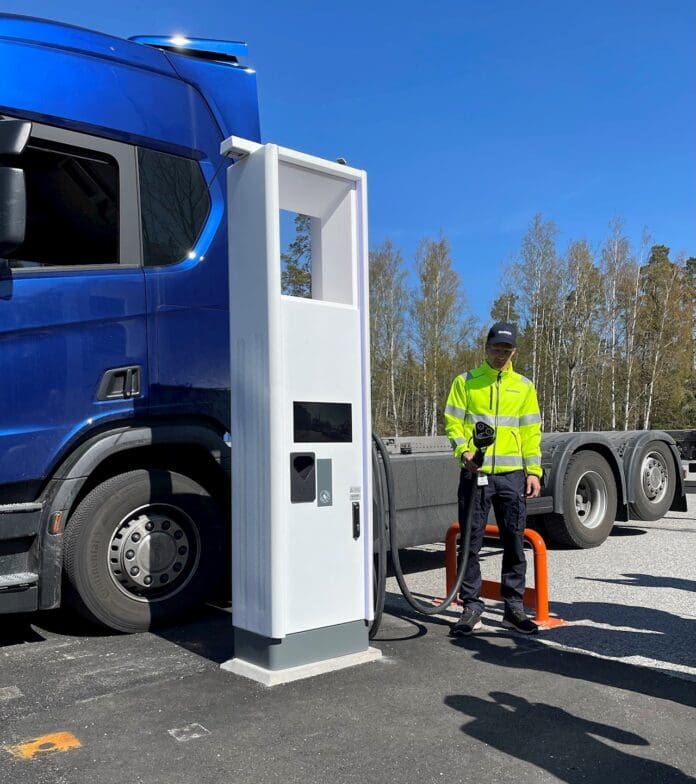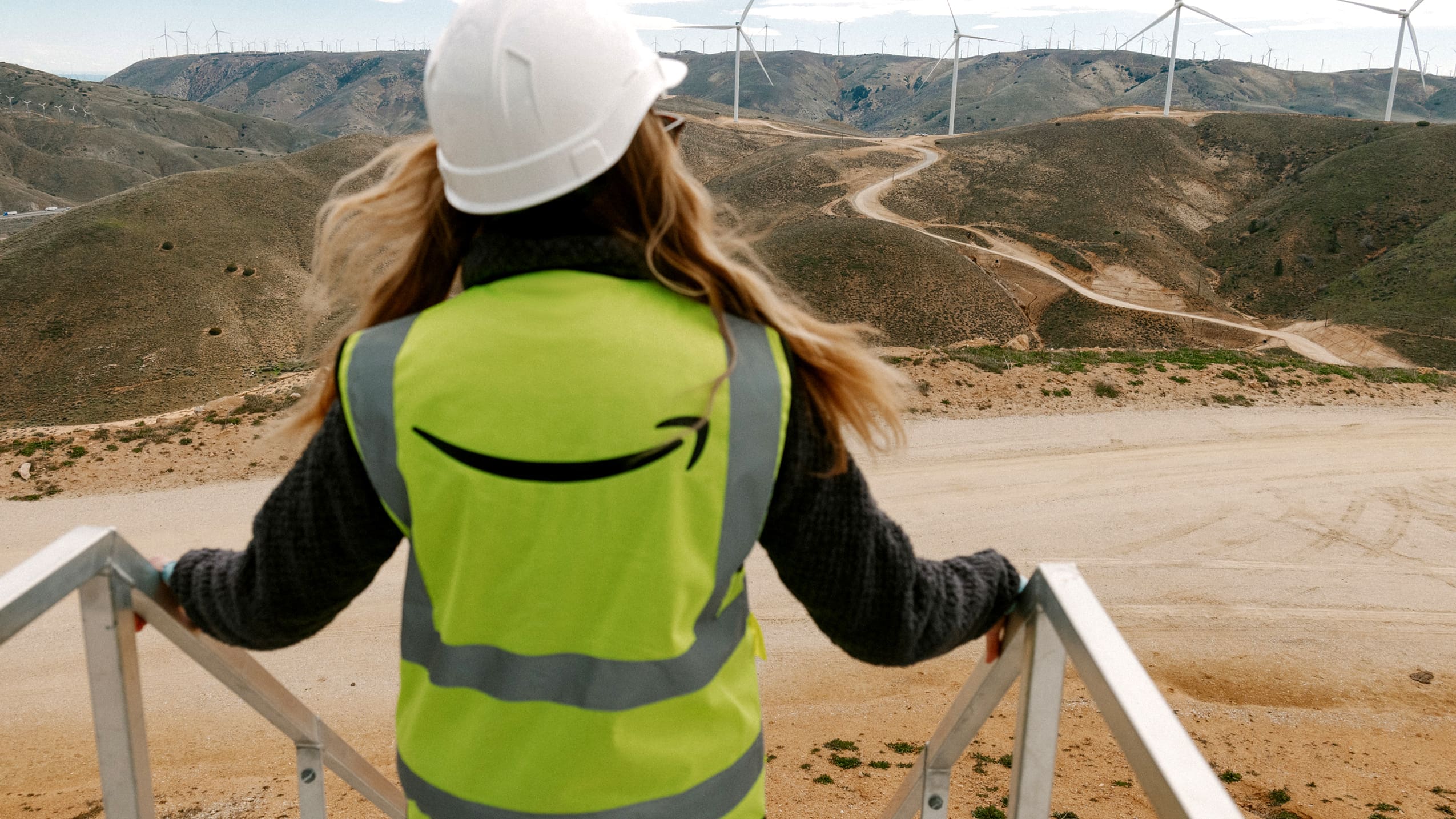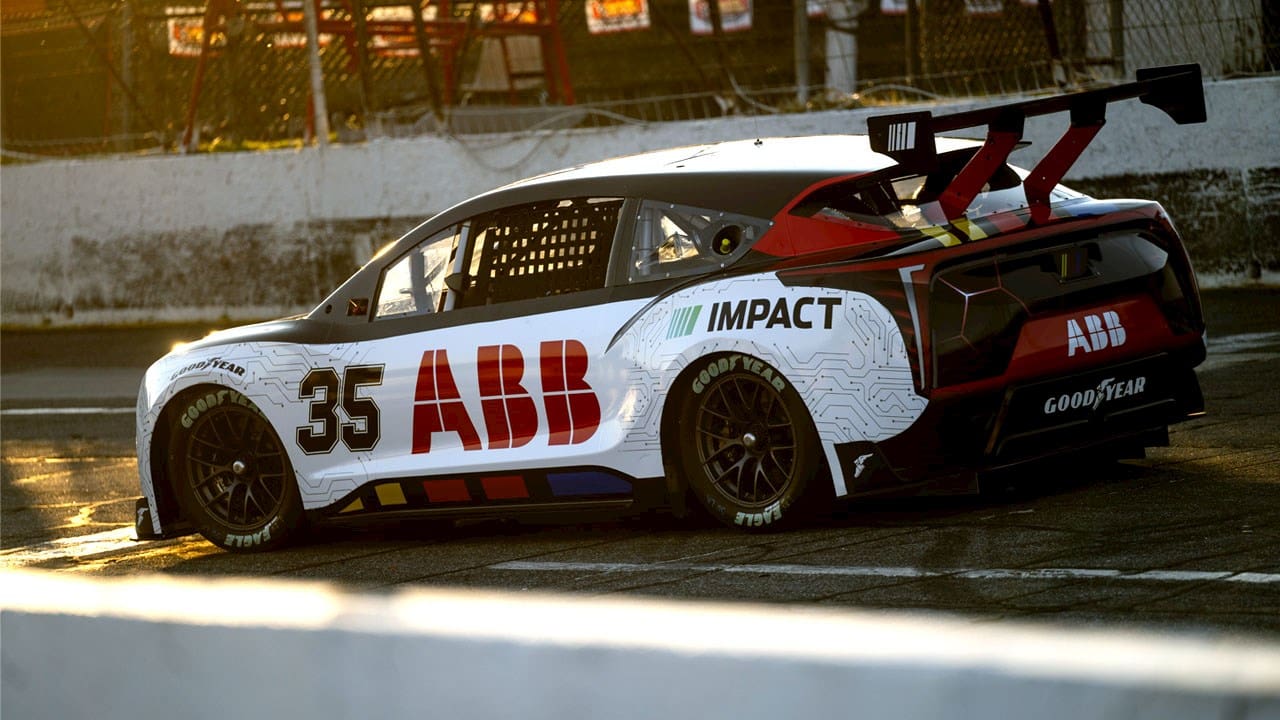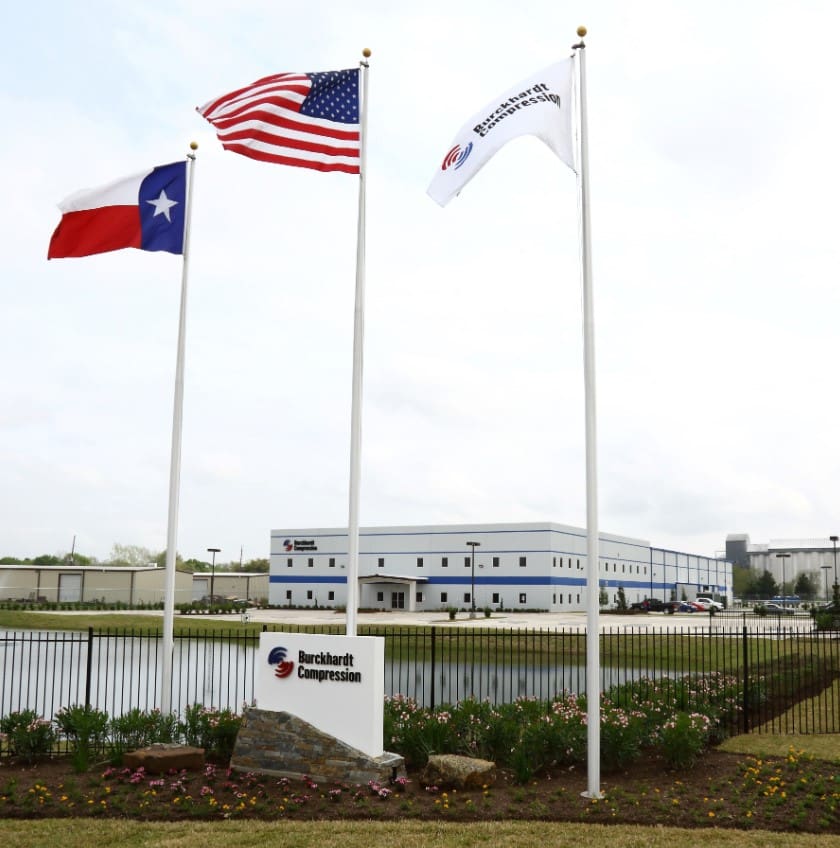Scania has successfully installed and tested a pilot electric charging system from ABB E-mobility as companies work to develop efficient, high-powered charging solutions for heavy-duty vehicles. ABB said the technology will enable half the charging time for heavy-duty vehicles. The initial testing is aimed at proving the technical viability of high current charging. The goal is to deploy high-power chargers, starting from 1500 Ampere (A) and eventually extending up to 3000 A. This is a charging standard that Scania and ABB E-mobility have both invested in and have been developing in collaboration with CharIN.
MW charging system (MCS) technology is critical for Scania’s long-haul electric trucks, where both driving time and resting time are regulated by law. The vehicle can be driven for a maximum of 4.5 hours before the driver needs to take a 45-minute break and during this time the truck needs to charge with enough power to operate for another 4.5 hours. Due to the size of the batteries, both fast and high-power charging is essential.
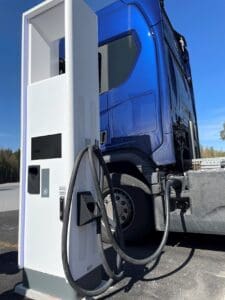
“We see a momentum for electric transport and our goal is that 50% of all vehicles we sell annually by 2030 are electric. Achieving this goal will require infrastructure and MCS is a crucial piece of the puzzle for the infrastructure going forward,” says Fredrik Allard, head of E-mobility at Scania.
According to the World Economic Forum, heavy-duty transport emissions account for 40% of global road transport emissions. ABB and Scania are developing solutions that save fleet operators money by lowering fuel costs. “This pilot will set a precedent for the sector and identifies one of the ways we collaboratively approach original equipment manufacturer [OEM] charging partnerships, effectively verticalizing the technology stack to create great end user experiences,” said Chris Nordh, global head of the Fleet & Transit business at ABB E-mobility.
Scania plans to offer trucks with the MCS pre-standard connector to customers with specific and pronounced needs, with production set to begin in 2024. ABB E-mobility will introduce the next iteration of its MCS technology in late 2024 or early 2025.



